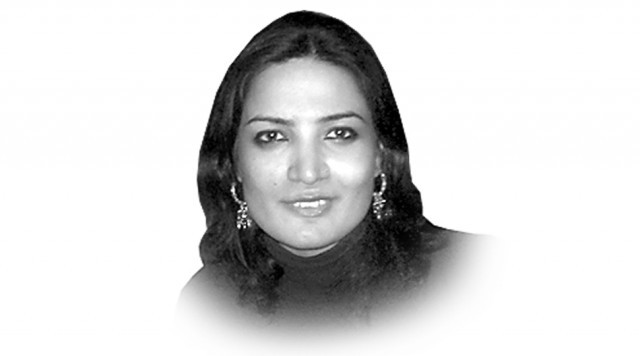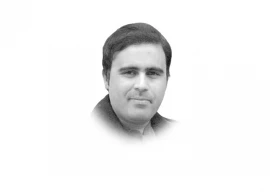
Have we ever wondered why we have this hankering for something which never existed? Yes, the reality is that there is no precedence of one big caliphate where the entire ummah lived peacefully ever after. It is a myth based on the memory of Islam's Golden Age and it is carved out of selective memory by certain 19th century political theorists and historians.
The Golden Age is remembered as the period when Islam was practised in its truest form and that’s why Muslims were blessed with material wealth, military power, political clout and cultural dominance.
Ask supporters of a theocratic state to define what constituted the Golden Age of Islam and without fail they will express hostility towards a hegemonic west, Communism, and Israel. A hegemonic and colonial west is 250 years old, communism is a little younger and Israel came into being just 60 odd years ago. Nothing in this timeline coincides with Islam’s glorious past which dates back to the seventh and eighth centuries. Some of them would also say that excessive wealth, extravagance, severe poverty and exploitation were shunned in those truly Muslim societies but even that is factually incorrect.
The reality is that the Muslims were economically and militarily ascendant between the 8th and the 12th centuries but that is because of investment of time, money and energy in scientific research and because individual thought was encouraged. This is in turn led to more scientific breakthroughs and the golden age had little to do with how religion was practiced. If anything, it was a period of extravagance — lavish palaces were built, adventurous military endeavours were undertaken. In fact, much of this wealth was the fruit of the application of scientific methods in production, military, medicine and maritime trading.
The Golden Age of Islam is also remembered as a period of unity among the ummah but that too is not exactly correct. For instance take the case of South Asia where apart from Mohammed Bin Qasim all the invaders came from the northwest. All were Muslim and many fought with local Muslim rulers in what is now Punjab. Later these battles took place in northern India and a good example of that is the Mughals who wrestled for power from the Muslim Kings of the Delhi Sultanate. Similarly, the Fatimids of Egypt were overthrown by the Ayyubids in the 12th century.
Why do we aim for the formation of a theocratic government? Why do we not call for an effective government that actually delivers the essentials like security, employment opportunity and access to health and education? Why can’t we leave it to the individuals to determine the belief and the level of religiosity they want to follow in their personal lives? If we are living in a democracy, we trust the same individuals to participate in representative democracy and form the government by casting their votes and choosing their representatives.
If we can trust people with that, why can’t we trust them to determine their own religious fervour or the level of censorship we want to live with? Why would we want to live in a society with moral policing where one would be told what one can do, see, eat and hear?
Published in The Express Tribune, July 16th, 2010.














COMMENTS
Comments are moderated and generally will be posted if they are on-topic and not abusive.
For more information, please see our Comments FAQ